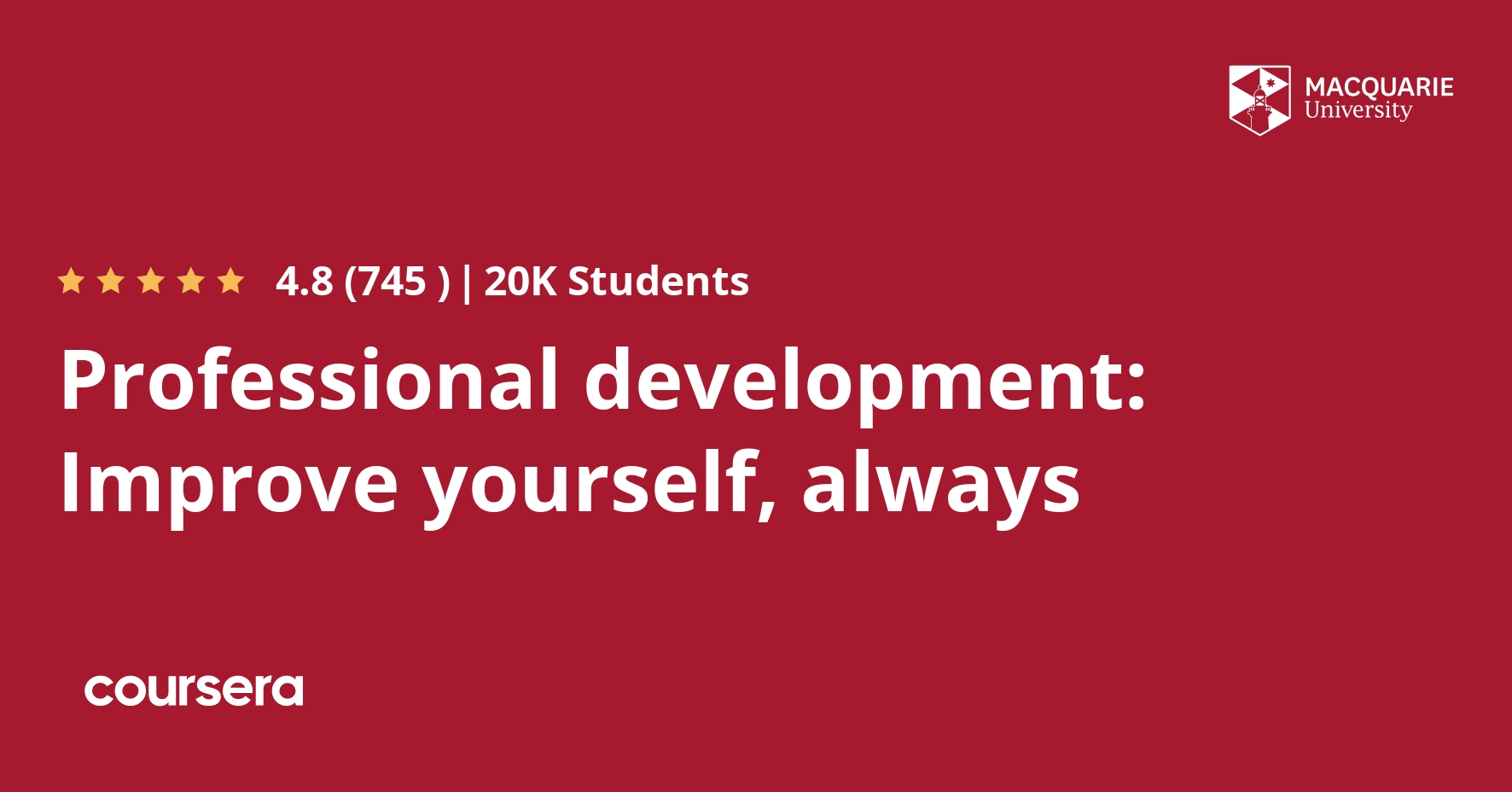Description
The world of work is characterised by rapid ongoing change. In this dynamic environment, one of the most critical skills for leaders is their capacity to learn and to adapt; to engage in the continuous development of their skills in managing and leading others. This course will assist you in the ongoing development of your skills and abilities by focusing on the nature of the self-development process. You will reflect on and develop self-awareness of your current leadership style to understand the strengths you need to develop and which challenges you will face as a leader. The course also examines the change process, and explores the processes of self-regulation that underpin personal skill development.
What you will learn
Self-directed learning
Rapidly changing environments by their nature means that people must be continually thinking about their skills and adapting them in order to carry out their work. In this lesson you will look at the big picture of influences that are compelling us to be continuously updating skills. In particular, you will explore the importance of self-directed learning as an approach to your development and review a model to guide you in taking responsibility to adapt yourself always.
Self-awareness
The first step in any process of change is self-awareness. You have to understand what you do now and be aware of its consequences for your goals and behaviour for the future. You would think we should be good at self-awareness, but there are challenges to the process. This week you will explore those challenges and look at ways to deal with them. One aspect, in particular, is managing the emotions that arise with self-awareness and how you can reduce their influence during the self-awareness process.
Self-reflection
An important aspect of self-awareness, and an important process in self-understanding, is the action of self-reflection. You will examine its nature and how to encourage it in your self-development. This week you will examine the various tools of reflection and the steps to increase effective self-reflection. The aim of self-understanding is to appreciate your leadership style and the skill and development needs you may need to address. You do not have to make changes as a result of this process, but you do have to accept the consequences of your decisions about what you do with these insights.
Self-change problems
This week you will look at the process of self-change. Psychologists refer to this as self-regulation: taking control of improving your performance by learning new skills and knowledge. However, this process is not as easy as we would like. This week you will examine the self-change process in more detail to support efforts to adapt yourself always. You will explore the nature of why it is hard to change, the impact of habits on your behaviour and the role of willpower in the process of development, and begin to look at the practices you can apply to increase the likelihood of successful change.




